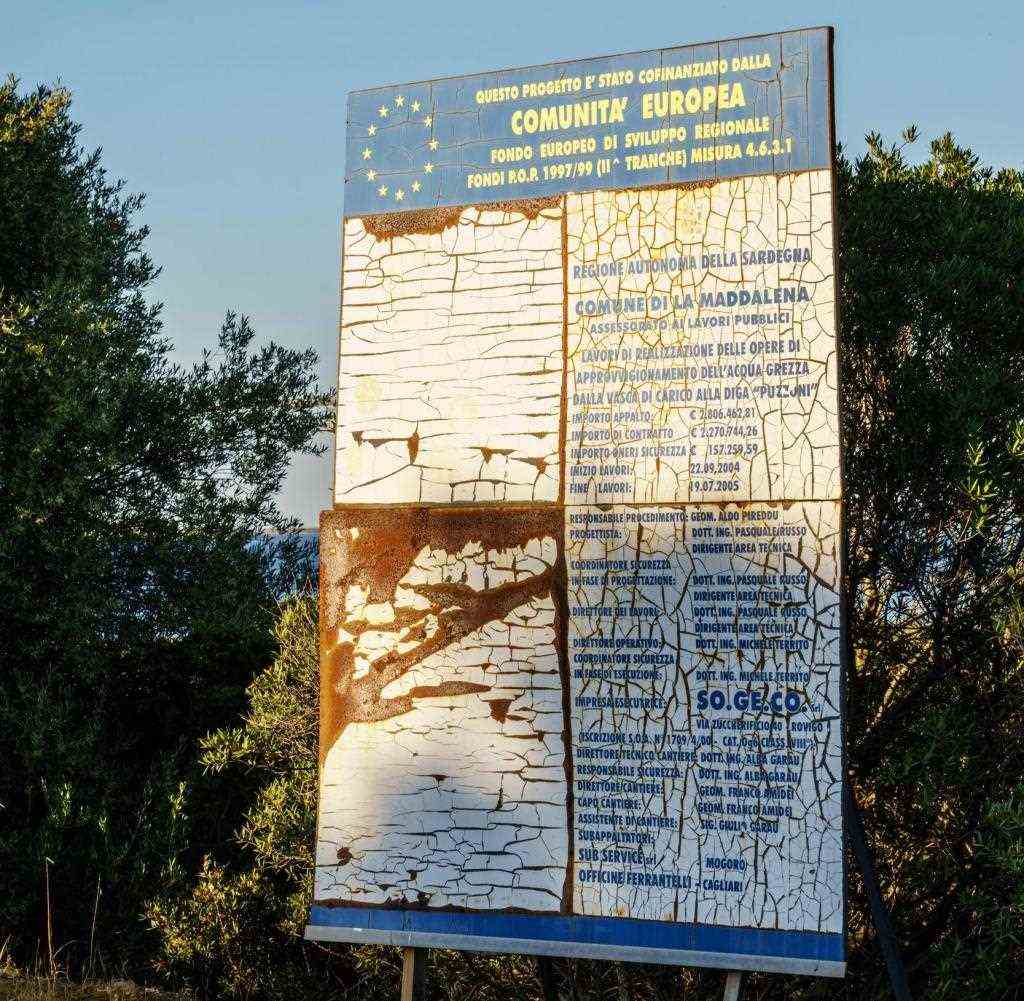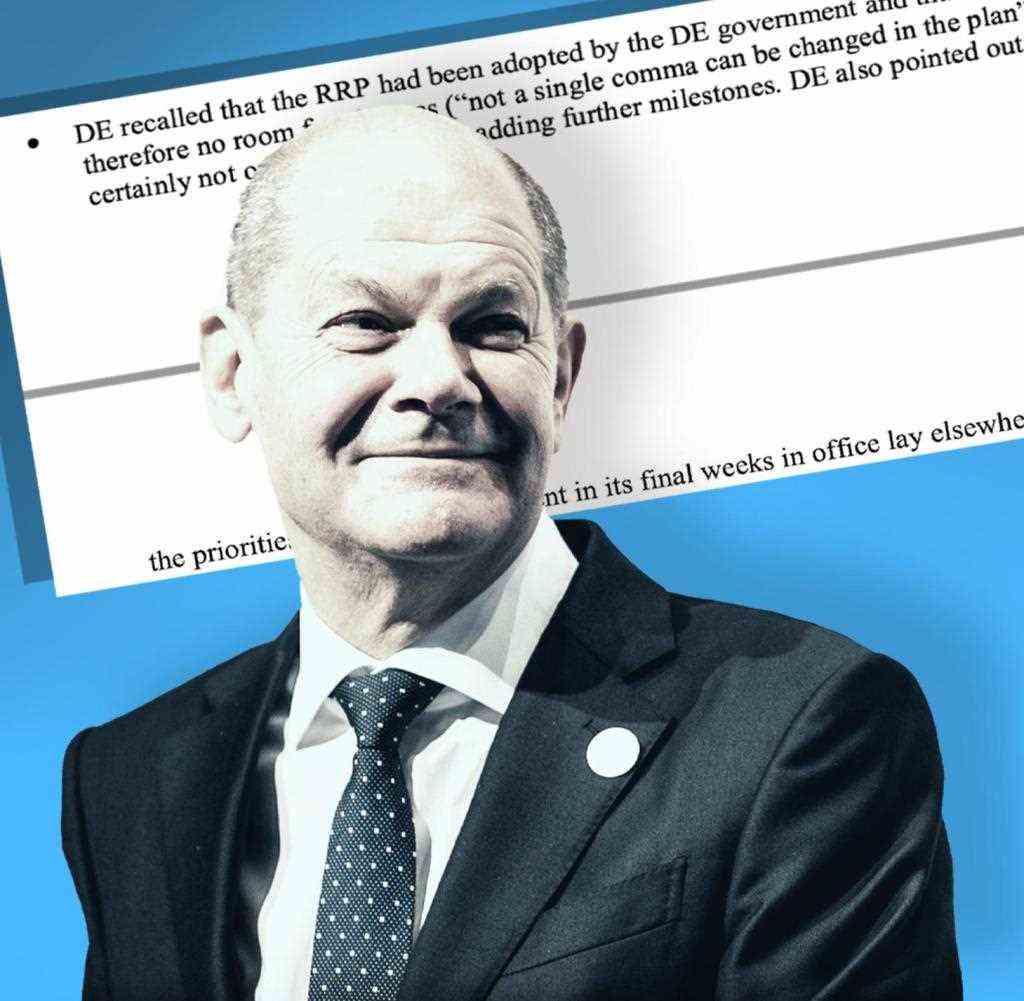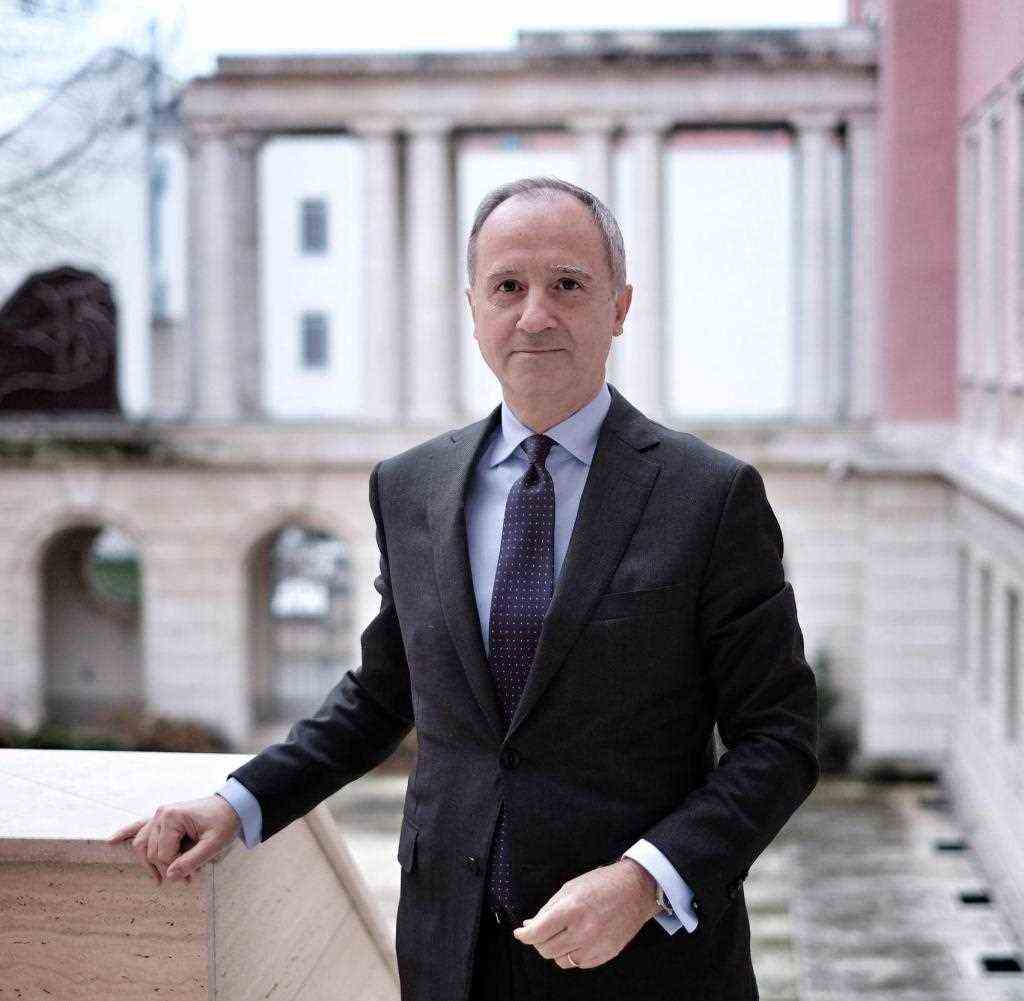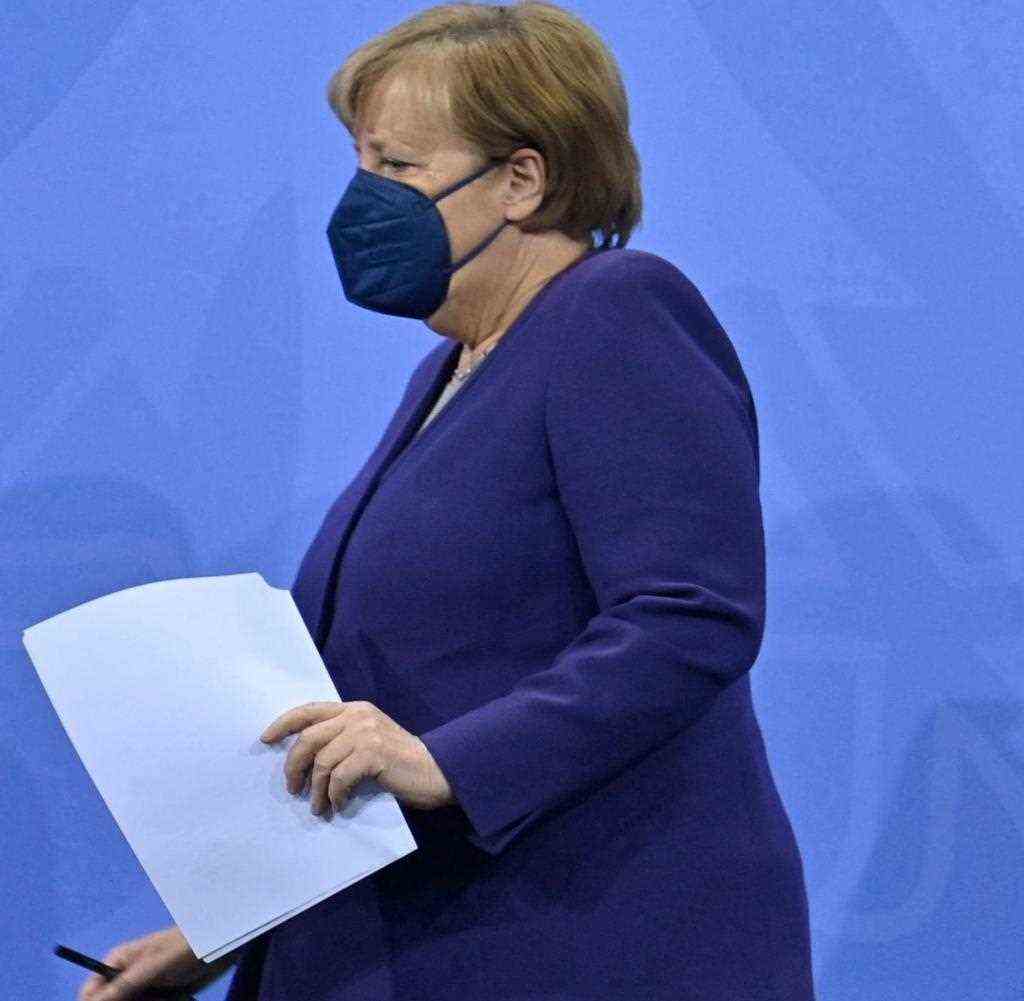“Corona aid should also flow into the hands of criminals and oligarchs”
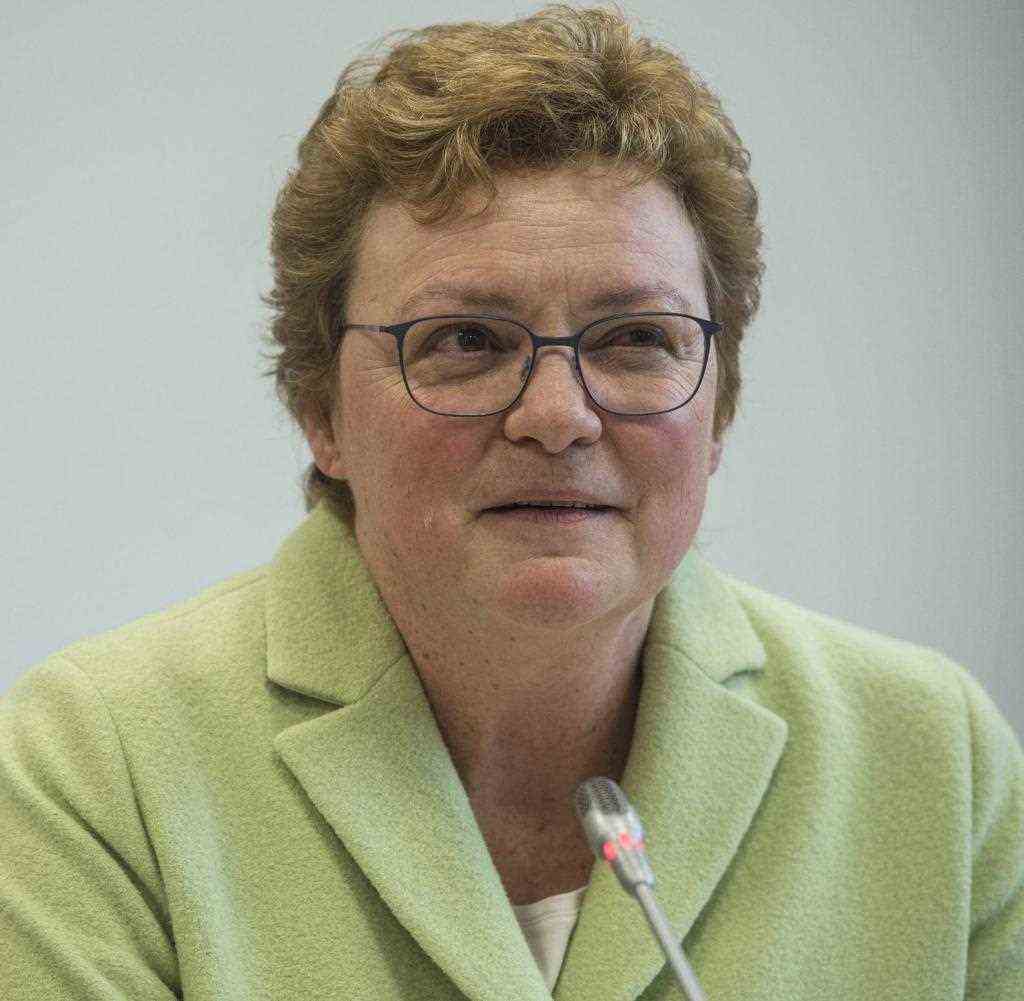
Monika Hohlmeier has been a member of the EU Parliament since 2009
Source: AFP
Brussels will begin the regular payment of the billions in Corona aid in 2022. But there is no effective control system that prevents money from falling into the wrong hands. The head of the budget control committee in the EU parliament also blames Germany for this.
M.onika Hohlmeier (CSU) is currently spending the Christmas vacation in her adopted home Franconia. These are cozy and quiet days for the powerful head of the budget control committee in the EU Parliament. But there is one thing that drives them: In 2022 the EU Commission will start regular payments of almost 750 billion euros in Corona aid to member countries.
The disbursement of the funds, a mixture of monetary gifts and loans, is expected to drag on until 2026, but one thing is already clear: every year, high three-digit billions flow in. Italy and Spain alone will each receive almost 200 billion euros to deal with the consequences of the corona pandemic.
The money comes from a new crisis pot (NextGenerationEU) of the EU Commission, which is heavily indebted on the capital market. The bonds should – at least according to current planning – be repaid by 2058.
“The probability that the billions in Corona aid, which is paid by the European taxpayer, is partially misdirected in numerous EU member states, is high,” said Hohlmeier WELT. “They are likely to be misappropriated in the national budgets of individual governments or even flow into the hands of criminals and oligarchs.”
Corona aid is a huge amount of money that would be spent in a very short time. There has never been anything like it before. “Unfortunately, the European Commission lacks effective control options. As a rule, random checks can only be carried out in three to five years. That’s way too late. A major reason for this is that there is no obligation to collect information centrally in a uniform and interoperable digital reporting and control system, ”said Hohlmeier.
This is the only way to “get a fairly complete picture of who the final beneficiaries actually are and how much money they actually receive,” said Hohlmeier. “Under today’s conditions, the EU inspectors are mostly dependent on the fact that the data that the national authorities transmit to them at some point, and usually much too late, is correct.”
The budget controller also criticized the attitude of important member states in this context: “Germany and the Netherlands have played a leading role in ensuring that there is still no digital tracking of EU funds.” The arguments of these countries, such as data protection concerns, the fear of additional bureaucracy and Interventions in national competencies, does not think Hohlmeier convincing. “Germany must finally give up the years of resistance to the establishment of a sensible control system for EU funds,” demanded the EU MP from Bavaria.
Digitized control systems would also help to reduce “systemic fraud” in tenders. Often there is only one bidder or none at all. “If ‘la famiglia’ tries to advertise a job in Italy, they will usually not find a second interested party,” said Hohlmeier. “It was not until February of this year that the property of the building magnate Domenico Gallo was confiscated. It was 212 million euros. Gallo was part of a construction cartel made up of mafia members, business people and municipal officials that manipulated the tenders for large public construction projects, some of which were funded by European funds. But that’s only a tip of the iceberg. “
According to official EU information, there was only one bidder in around half of all public tenders in the Czech Republic and Poland in 2018 and 2019. In Hungary and Greece it was a total of 40 percent in 2019. In Cyprus there was not a single bidder in 35 percent of the cases in 2018 and 2019, in Bulgaria it was 30 percent.
Hohlmeier said: “Organized crime, oligarchs or relatives of political leaders often benefit from tenders in the countries concerned. Hungary is an impressive example of this. “


